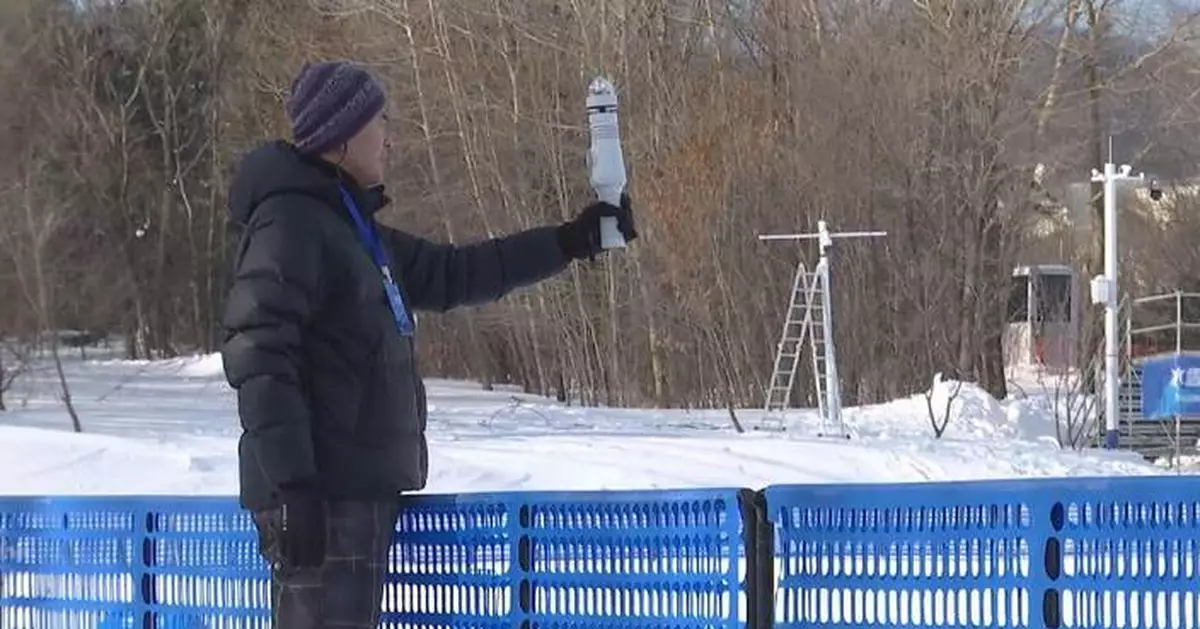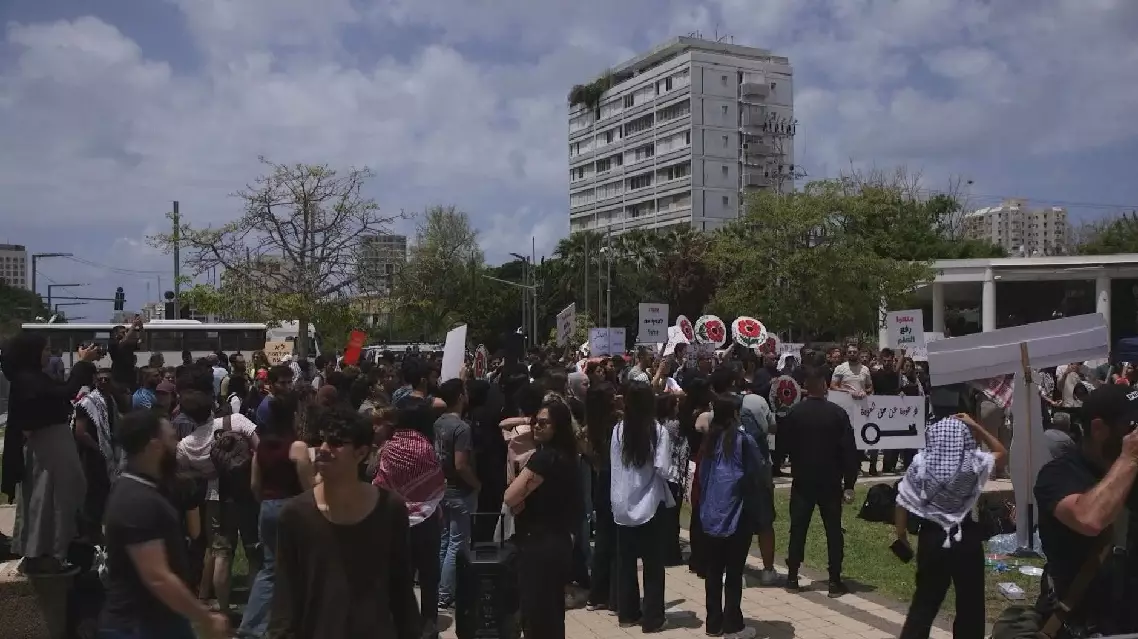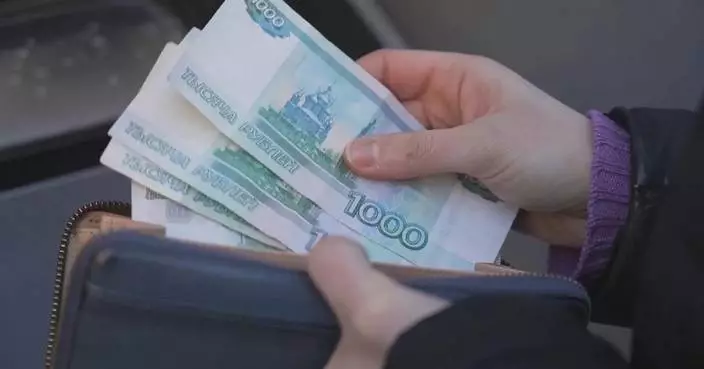Multiple departments, in close collaboration, have tested the supporting facilities and the services in a test skiing competition for the upcoming 9th Asian Winter Games in Harbin City, northeast China's Heilongjiang Province, to ensure the smooth holding of the event.
The cross-country skiing test competition was held in the past two days at the Yabuli Ski Resort in Harbin.
Close to the track for the test competition, meteorological support staff of the event held portable six-element automatic weather instruments to monitor the meteorological indicators of the competition venue in real time.
"This equipment can display the temperature, wind direction, wind speed, air pressure and other related factors in the stadium in real time. Combining these data with the meteorological factors collected real-time by the fixed meteorological station built by our meteorological department in the early stage, we can report to the forecast department of our meteorological system to make a more accurate assessment of the meteorological service guarantee for the on-site competition," said Wang Peng, a meteorological support staff member.
Snow sports such as skiing and cross-country skiing are outdoor competitions and are significantly affected by weather factors. For the Asian Winter Games, Harbin has built multiple weather radars, and 117 sets of meteorological observation equipment including 37 sets in the Yabuli competition area. The organizers also introduced advanced technology and algorithms to build a "minute-level, 100-meter-level" grid monitoring and forecasting system to minimize the impact of weather factors.
During the test, the on-site medical team also paid close attention to the situation on the field and made full preparations for any conditions.
"As we know, medical risks are more likely to occur on ice and snow sports, especially on snow. So in terms of medical support, we are stepping up our efforts in this area. We have deployed our corresponding medical officers and medical managers on each racing track, as well as ski doctors and patrol members who will work together to ensure the safe running of this Asian Winter Games," said Wang Guangzhi, member of the event's medical team and vice president of the Second Affiliated Hospital of Harbin Medical University.
"At present, the Asian Winter Games Medical and Health Security Center has selected 31 designated hospitals to open green channels and reserve 1,654 beds for 14 categories of treatment, including orthopedics, thoracic surgery, and neurology. We prepared to build 98 medical clinics and stations of various types, and a total of 588 medical personnel have been deployed to various venues. We have conducted more than 70 comprehensive drills in collaboration with other departments, covering injury treatment, transportation of the injured, public health incident handling, and helicopter coordinated rescue," said Luan Feng, commander of the medical and health command center of the 9th Asian Winter Games.
The 9th Asian Winter Games will be held from Feb 7 to 14 in Harbin, reputed as the "Ice City" of China for its extra-low temperatures in winter and the annual tradition of displaying extravagant ice sculptures.
Over the course of the 12 competition days, athletes from various Asian countries and regions will compete in six major events, 11 sub-events, and 64 disciplines.
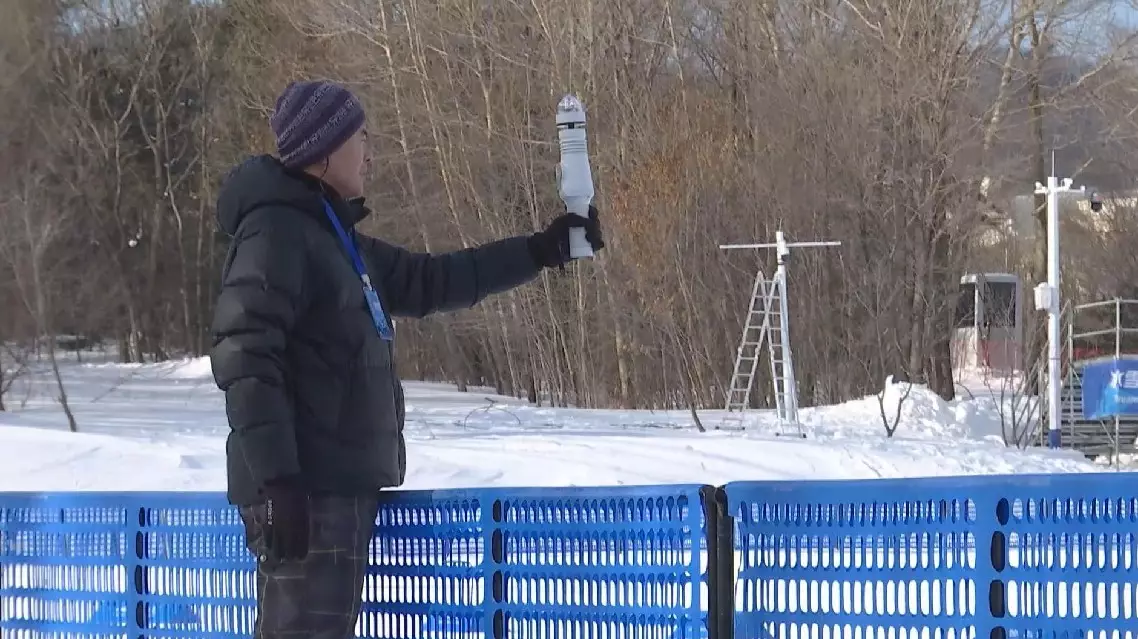
Supportive facilities, teams tested to ensure smooth Asian Winter Games
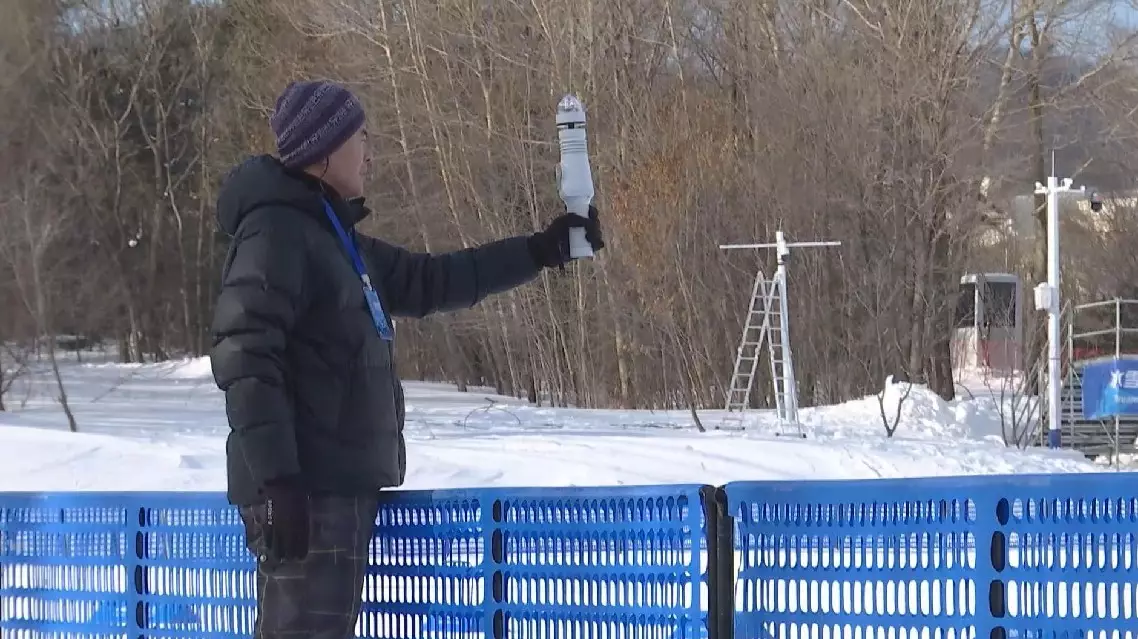
Supportive facilities, teams tested to ensure smooth Asian Winter Games


